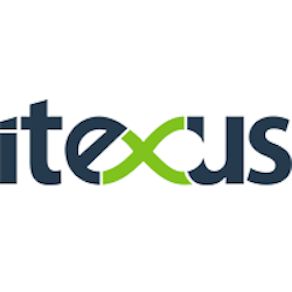182 reads
The Fintech APIs to Use in Your Finance Software
by
December 17th, 2021
Audio Presented by

Since 2013 we build software for startups and midsize businesses in Finance, Insurance, Healthcare and more.
About Author
Since 2013 we build software for startups and midsize businesses in Finance, Insurance, Healthcare and more.
